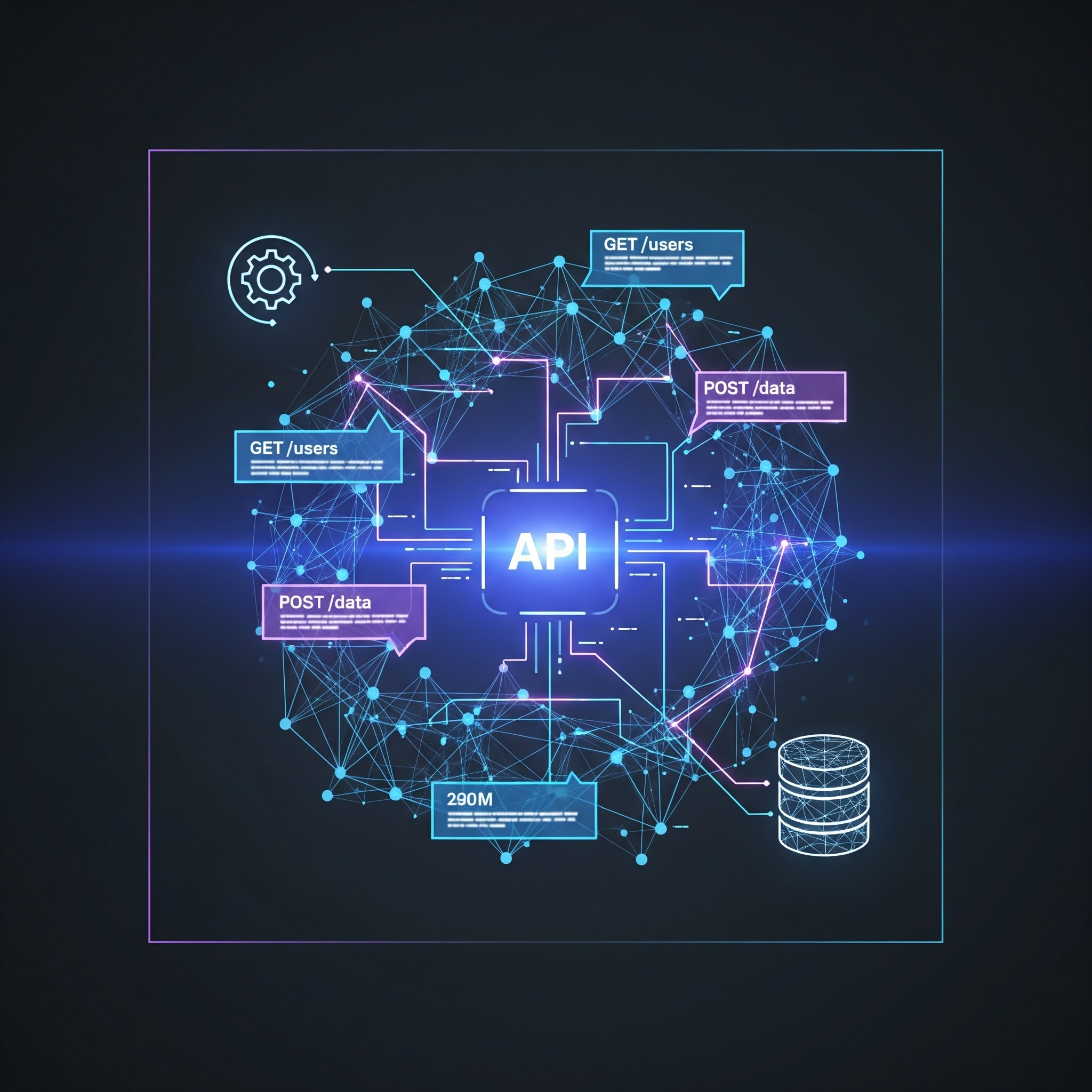Data Warehouses & Data Vaults
01
Build Effective Data Warehouses, Faster


Design Business-Driven Data Products
Capture business requirements to support a data warehouse that is an accurate reflection of real-world processes.
Start with a robust blueprint before you spend time engineering, ensuring maximum efficiency of the data warehouse project.
Export what you have modeled to data engineering tools, ensuring you don't have to redo the process.
A common understanding between domain experts and data teams makes sure the data product you serve is effectively utilized.
02
Focus on Business Profitability



Collaborate with Key Decision Makers, Get Stakeholder Buy-In
Data warehouses are most profitable when it reflects business expertise, instead of source system structures.
Improve communication between domain experts and data teams fast and simple, build data warehouses that meet requirements.
Create business-driven data models that act as a referenceable blueprint for the data warehouse.
Use a tool that acts as the missing link, without data teams having to interpret business requirements for every use case.
Improve communication between domain experts and data teams fast and simple, build data warehouses that meet requirements.
Create business-driven data models that act as a referenceable blueprint for the data warehouse.
Use a tool that acts as the missing link, without data teams having to interpret business requirements for every use case.
03
Data Vault Ready



Derive Data Vault Models Directly from Your Ellie Data Models
A Data Vault is about identifying and utilizing key business process and data. While the Data Vault methodology has become increasingly popular, it's useful when starting with business needs.
Ellie mirrors this process, bringing data teams closer to the business.
The way Ellie handles conceptual data models makes it easier for you to collaborate with business people.
You can define a clear plan before jumping into engineering it.
Ellie mirrors this process, bringing data teams closer to the business.
The way Ellie handles conceptual data models makes it easier for you to collaborate with business people.
You can define a clear plan before jumping into engineering it.
04
Build Once, Reuse Any Time



Develop Connected Data Models, Simplify Business Processes
Conceptual data models are universally applicable within a business, and that's what makes it a great approach.
Modeling at the semantic level—where the domain expert can support you—lets you define data structures that are usable regardless of the project.
The glossary (business terms) and relationships are easy to reuse and track across models. So the data model for your invoicing system can be used when renewing your ERP software.
Or a data model that tracks you logistics can be used to reduce greenhouse gas emissions across your supply chain.
Modeling at the semantic level—where the domain expert can support you—lets you define data structures that are usable regardless of the project.
The glossary (business terms) and relationships are easy to reuse and track across models. So the data model for your invoicing system can be used when renewing your ERP software.
Or a data model that tracks you logistics can be used to reduce greenhouse gas emissions across your supply chain.
05
Integration with Automation Tools



Automate & Speed Up Data Warehouse Implementation
Ellie integrates with some of the most widely adopted data vault automation tools on the market.
Once you’ve designed your conceptual data models, you can use them in your development tools like Wherescape, VaultSpeed and Datavault Builder via one of the following integration options:
- CSV Export & Import (JSON format)
- Glossary API
- Model API
Once you’ve designed your conceptual data models, you can use them in your development tools like Wherescape, VaultSpeed and Datavault Builder via one of the following integration options:
- CSV Export & Import (JSON format)
- Glossary API
- Model API
Ellie makes complex data modeling simple
Never before have IT and Business stakeholders collaborated in such an effective way. Forget about legacy data modeling tools and embrace the future of business-driven data modeling.
Subscribe to our newsletter to get our latest updates!
Thank you! Your submission has been received!
Oops! Something went wrong while submitting the form.

Our Blog
Latest news from team Ellie

Blog Post
Data Culture
February 23, 2026
/
5 Mins
What Clean Data Really Means and Why One-Time Fixes Don’t Work
Clean data is an ongoing practice, not a one-time fix. Sustained clarity requires shared meaning and routine maintenance.

Release
Product
February 17, 2026
/
5 mins
Extended Ellie.ai API Capabilities now live
The Ellie.ai API now supports full programmatic data model and metadata updates (CRUD) for automated workflows.








